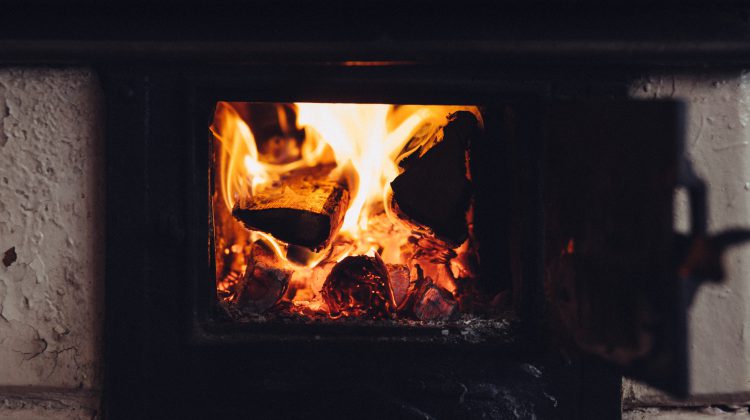As winter draws nearer and woodstoves begin to be lit, the City of Courtenay is looking at ways to regulate harmful particulates.
The concerns are around PM 2.5, a particle that is common in smoke from wood-burning stoves and other appliances. The city says most of the smoke happens between 6 p.m. and 8 a.m., primarily in colder and wetter winter months.
Council went through with the first, second and third readings of bylaw amendments to better regulate woodsmoke complaints in the area.
Nuisance smoke is defined as “smoke that visibly drifts onto an adjacent property, [or] interferes with a person’s use and enjoyment of a publicly owned real property,” according to the city.
“Measurements from the provincial air quality station indicate that it’s the greatest concern and we experience exceedances multiple times a year,” Jeanniene Tazziole of the City of Courtenay.
Director of Corporate Services Kate O’Connell says one of the strategies that could be used involves employing a two-person bylaw officer team, part-time, adding a cost of $121,250 annually.
Another option would be to employ two officers full-time, year-round, for a cost of $215,725.
The cost would include benefits, vehicles and general material requirements like uniforms. She says officers could also be redeployed in the summer for smoking and dog walking bylaw enforcement.
O’Connell says the city could also use current staff, but complaints would likely be received and investigated after the event.
Councillor Wendy Morin stresses the bylaws do not mean people cannot have woodstoves.
“They focus on education and awareness and help people to make different choices about what they’re doing and maybe learn more about burning in a less harmful way,” said Morin. “We’re really looking at a harm reduction approach to this.”
She adds people need wood stoves as a secondary source of heat in rural areas, and there is not a safe level as far as wood smoke goes.
The city has been working with the province to integrate its air monitoring system. They add the PurpleAir monitors have been recommended.
Bylaw officer costs will be brought forward in the preliminary budget discussions.






